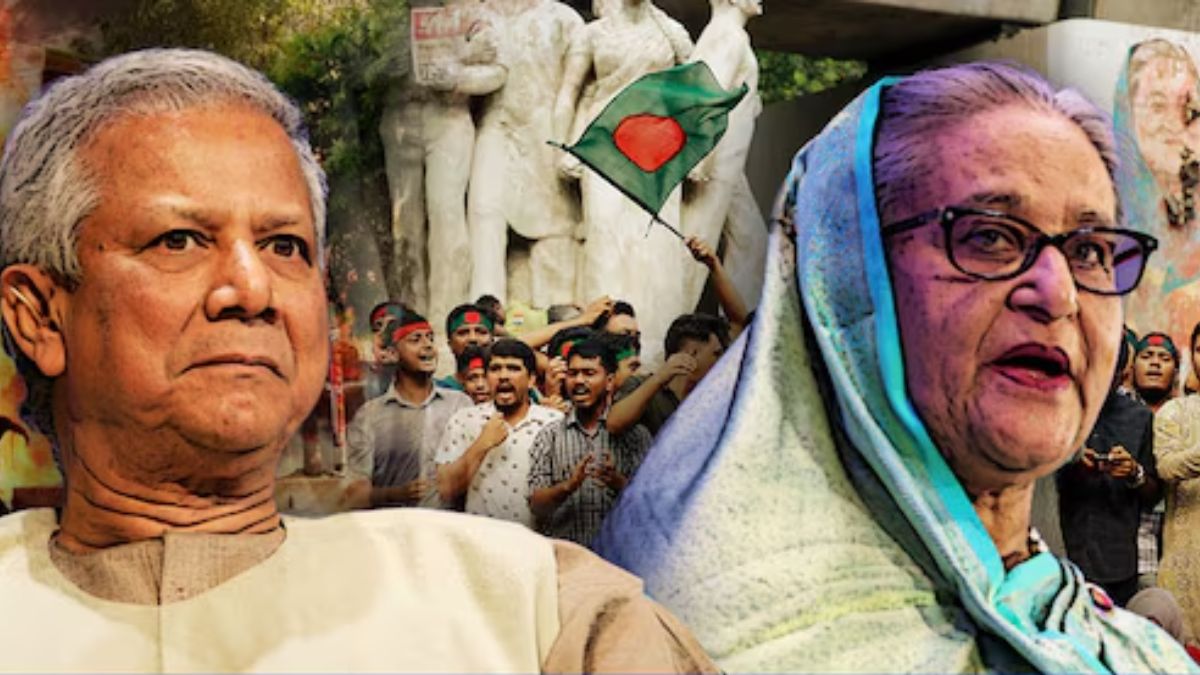Bangladesh’s interim leader Muhammad Yunus said that the country will seek the extradition of ousted Prime Minister Sheikh Hasina from India, where she has been in exile since August.
Yunus made this statement during a televised address marking his first 100 days in office, emphasising that his administration will hold Hasina and others accountable for the hundreds of deaths during the student-led uprising that ended her 15-year rule.
Yunus took office on August 8, just three days after Hasina fled the country. He has pledged to investigate not only the deaths during the uprising but also other alleged human rights violations, including enforced disappearances, that occurred during Hasina’s tenure. To facilitate this, Bangladesh has sought assistance from Interpol in issuing a red notice for the arrest of Hasina and her associates.
The interim government’s priority is to conduct electoral reforms before holding new elections, which will pave the way for an elected government to take power. Yunus has downplayed reports of attacks on minorities, particularly Hindus since Hasina’s ouster, describing them as exaggerated
“We will seek the return of the fallen autocrat Sheikh Hasina from India,” Yunus said. “I have already discussed the issue with chief prosecutor of the International Criminal Court Karim Khan.”
While Hasina and her close associates are facing numerous criminal charges at home, the Yunus-led government is also pushing for the ICC to take up the case.
Seeking Hasina’s extradition could also pose a challenge for India, which has treated her as a trusted friend.
Yunus said his government’s most important task was to hold a new election to hand over power to an elected government, but he did not spell out any timeframe. He said his administration would first bring about reforms in various sectors including in the electoral system.
Impact Shorts
More ShortsHe promised that once the electoral reforms are completed, a roadmap for the new election would be unveiled.
Yunus has been talking to political parties including the Bangladesh Nationalist Party headed by former Prime Minister Khaleda Zia, Hasina’s main rival, which has sought an election in two to three months. The party believes it will form the next government as Hasina’s Awami League party and its allies face a political debacle following her ouster.
Yunus said the Election Commission will be reconstituted soon.
“But as we move forward, we need to complete a lot of work. The train will reach its final station depending on how quickly we can lay down the railway tracks, and this will happen through consensus among the political parties,” he said.
Yunus also downplayed as “exaggerated” reports of attacks on minorities, especially Hindus, many of whom complained that hard-line Islamists are becoming increasingly influential since Hasina’s ouster.
With inputs from agencies.
)